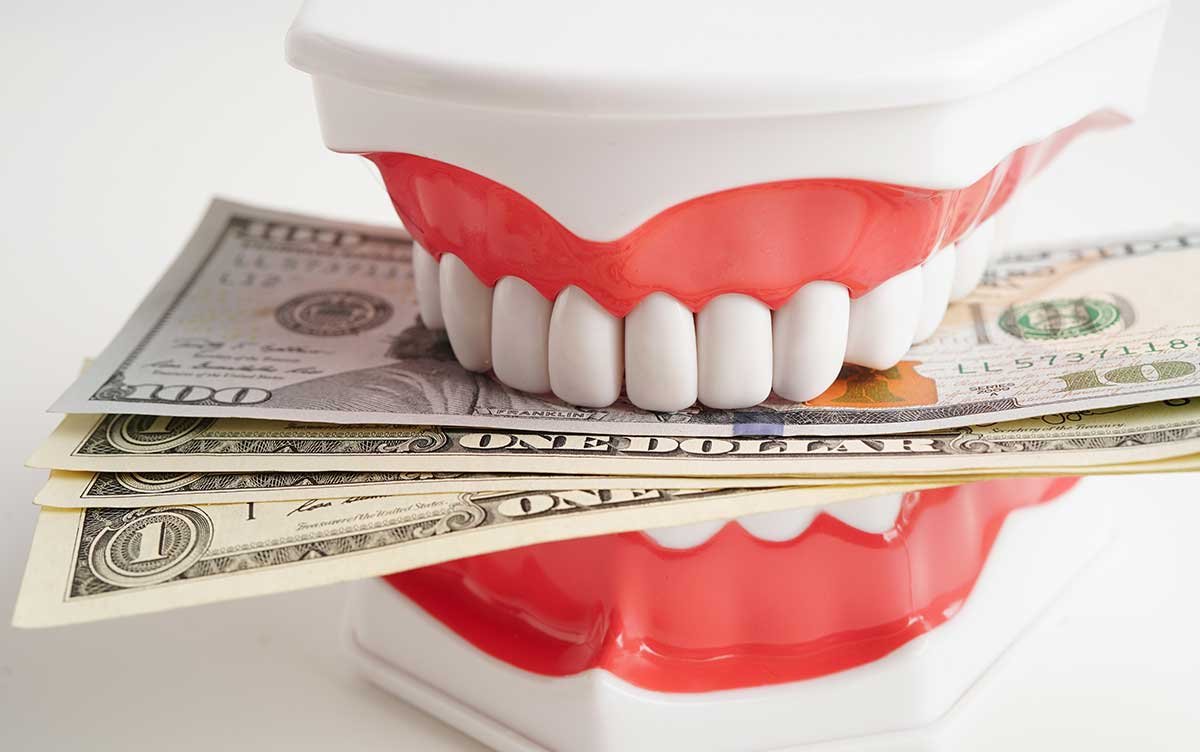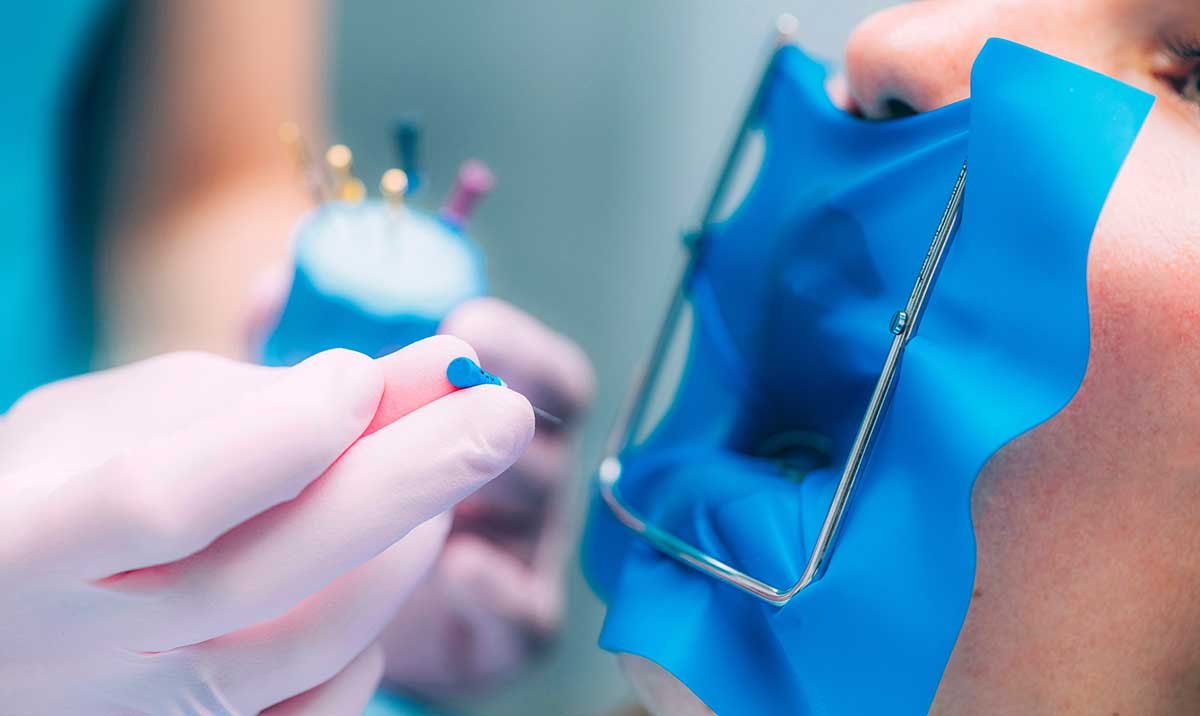How many teeth do you get with 6 implants? Discover the incredible benefits of dental implants and how they can restore your smile and functionality. In this article, we explore how six implants can support a full set of teeth, allowing you to eat, speak, and smile with confidence.
The Power of Six: Full Smile Restoration with Dental Implants
Dental implants have transformed modern dentistry. By acting as artificial tooth roots, they provide a stable foundation for dental restorations like crowns, bridges, or full dentures. With just six implants, it’s often possible to support a full arch of prosthetic teeth—top or bottom.
These implants stimulate the jawbone, preventing bone loss and maintaining facial structure. Unlike traditional bridges or removable dentures, implants don’t require grinding down healthy teeth and offer a permanent, secure solution.
Is All-on-6 a Good Option?
All-on-6 is a popular and effective full-arch restoration technique. With six strategically placed implants, patients gain:
- Stability and longevity for a full set of prosthetic teeth
- Improved chewing and speech function
- Bone preservation through osseointegration
- Natural aesthetics and comfort
- Improved quality of life with easy maintenance
How Many Teeth Can Six Implants Replace?
Typically, six implants can support 12 to 14 teeth through a fixed bridge or denture. The implants distribute the pressure evenly, allowing for natural function and comfort. Each case is unique and depends on bone density, oral health, and treatment goals.
All-on-4 vs All-on-6: Which Is Better?
All-on-4 uses four implants and is ideal for patients with moderate bone loss or budget concerns. All-on-6 provides additional stability and is often recommended when bone conditions allow, ensuring better long-term performance and force distribution.
Are There Any Limitations?
While All-on-6 is highly effective, patients should be aware of:
- Bone requirements – may need grafting in low-density areas
- Surgical risks – like infection or nerve impact (rare)
- Maintenance – thorough hygiene is essential
- Cost – more implants = higher overall investment
A Complete Smile with 6 Dental Implants
Six dental implants can give you a complete, natural-looking, and fully functional smile. At Dr. Implant Dentist in Tijuana, we specialize in full-arch restorations using advanced implant technology. Whether you’re missing multiple teeth or seeking a permanent solution, All-on-6 may be the answer.
Consult with our team to determine the best treatment plan based on your bone structure, oral health, and goals.



